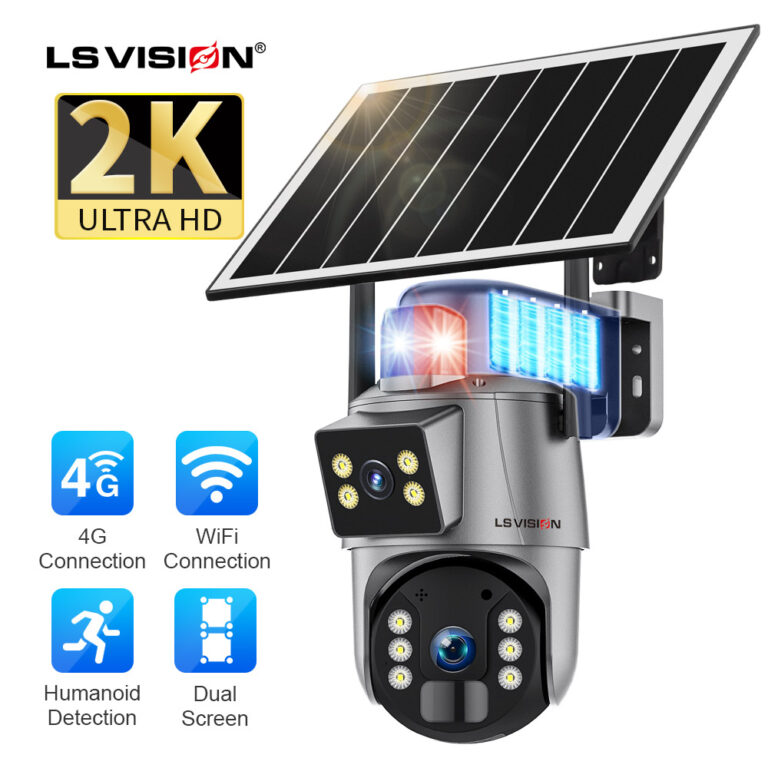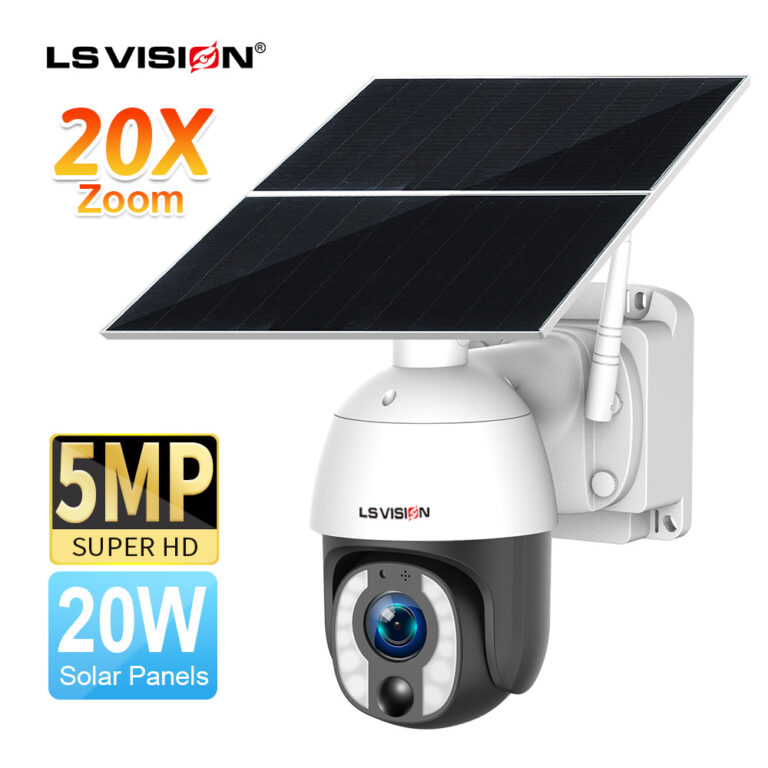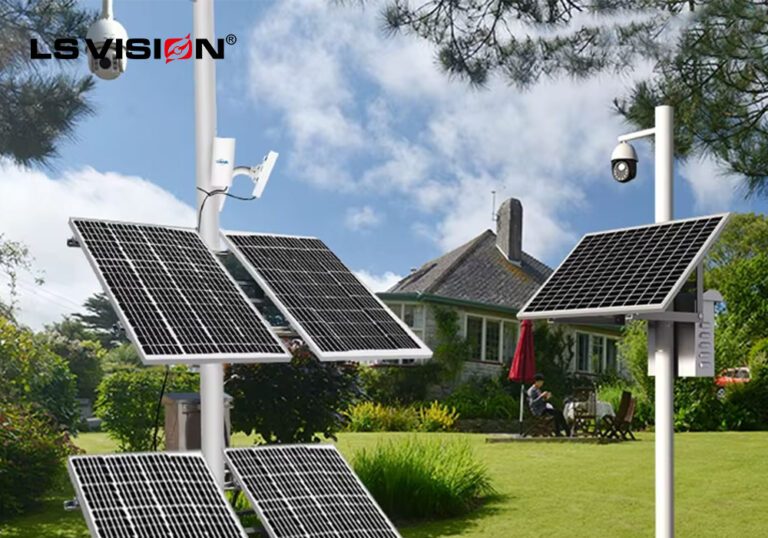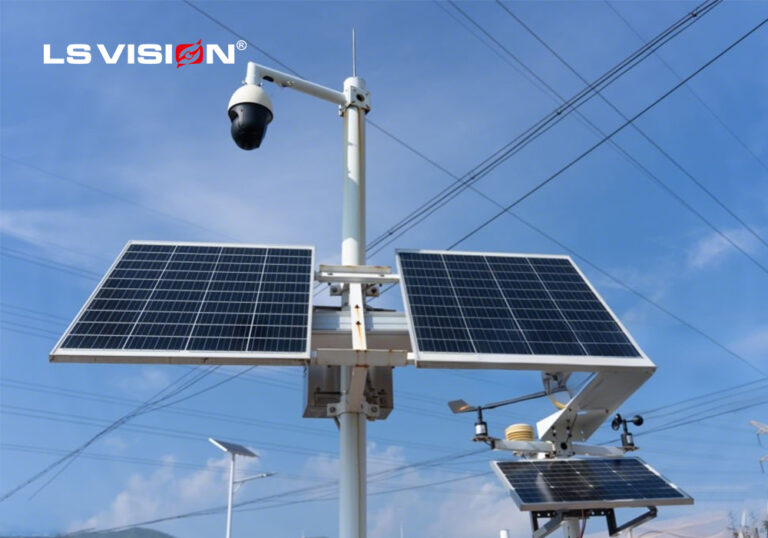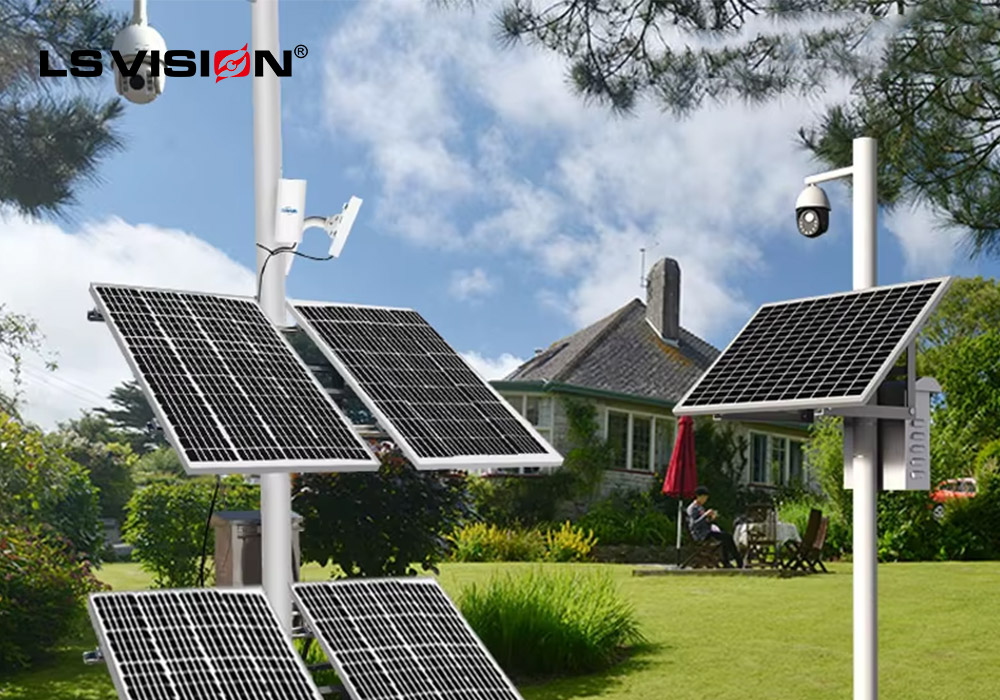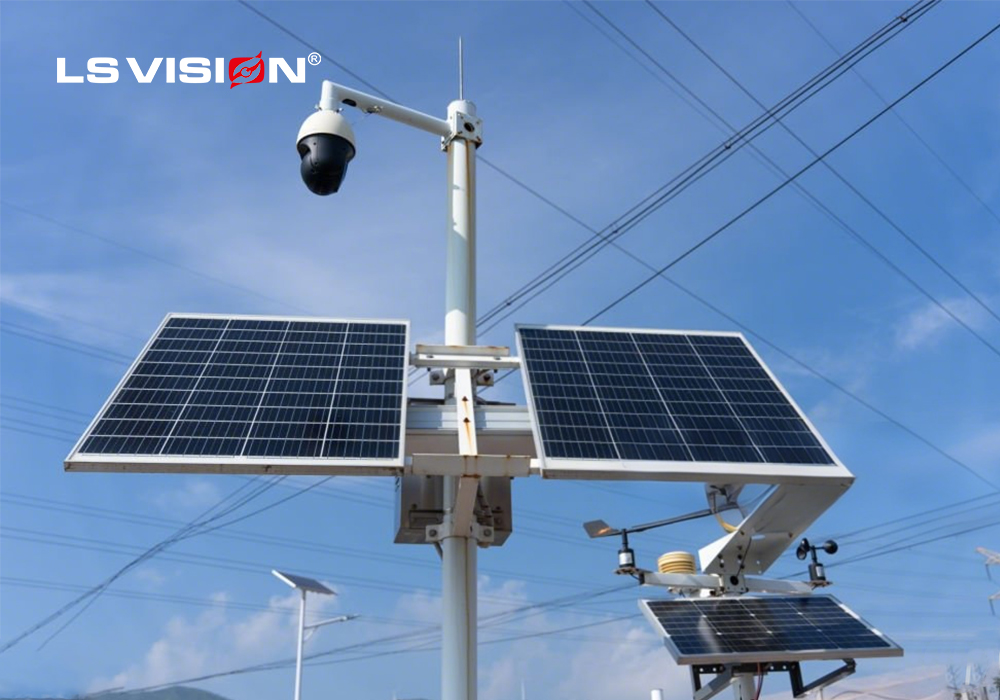China’s decision to lower the photovoltaic (PV) export tax rebate from 13% to 9%, effective December 1, 2024, marks a significant shift in the global solar market. While the initial impact may seem challenging for PV exporters, this policy is designed to stabilize an oversaturated market, curbing overcapacity and encouraging technological innovation. These changes are expected to have profound effects across industries relying on PV technology, particularly in the solar-powered surveillance sector.
For LS VISION, a leading solar camera manufacturer, this shift presents an opportunity to innovate and expand its product offerings, such as outdoor smart PTZ solar battery cameras and solar powered long range wireless security systems.
Table of Contents
ToggleKey Statistics on the Tax Rebate Reduction
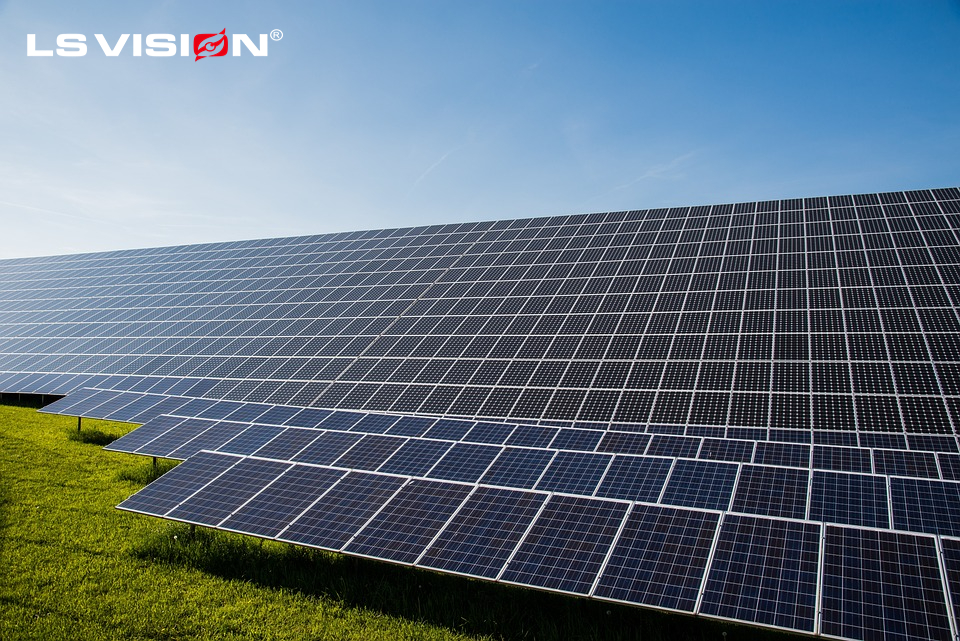
China’s Ministry of Finance and State Taxation Administration has announced a reduction in the export tax rebate from 13% to 9%, a 4% decrease aimed at controlling market oversupply. This adjustment coincides with a period of declining prices in the PV industry, where domestic bidding prices for PV modules have dropped below CNY 0.62 ($0.08)/W—considered below production cost.
In the first three quarters of 2024, the total export value of PV modules fell by 30%, further illustrating the financial strain on the industry. These statistics highlight the urgent need for strategic adjustments within the sector to ensure long-term sustainability and competitiveness in global markets.
Key Points Regarding the Policy Change
The recent reduction in China’s PV export tax rebate rate is set to reshape the solar industry, influencing profit margins, market strategies, and technological advancements. It is expected to drive innovation, enhance global competitiveness, and accelerate industry consolidation. Following are the key points regarding this policy change.
1. Impact on Profit Margins
The reduction in the export tax rebate will undoubtedly affect the profit margins of PV exporters. Small and medium enterprises (SMEs), which have relied heavily on the 13% rebate to maintain cash flow and operational efficiency, will face increased financial pressure. These companies may struggle to balance higher export costs with shrinking profit margins, potentially impacting their ability to compete in the global market.
On the other hand, larger exporters with diversified revenue streams and advanced cost management strategies will be better equipped to absorb the impact. While their cash flow might be affected, the overall influence on their profitability will remain manageable, allowing them to continue focusing on technological advancements and market expansion.
2. Competitiveness in Global Markets
The rebate reduction is expected to enhance global competitiveness for PV products by stabilizing prices. By increasing export costs, the policy helps prevent further price declines in international markets, ensuring fairer competition. This move supports manufacturers in maintaining profitability while encouraging the development of high-value, technologically advanced products.
Companies with strong R&D capabilities, such as LS VISION, are poised to gain a competitive edge by offering cutting-edge solutions like solar power camera systems, which are increasingly in demand for both residential and commercial security applications.
3. Industry Consolidation
One of the most notable impacts of the tax rebate reduction will be the acceleration of industry consolidation. The increased financial burden will likely drive out less efficient, lower-tech companies, allowing larger and more innovative players to dominate the market.
This consolidation will create a more competitive landscape, where only the most technologically advanced and financially stable companies can thrive. For LS VISION, this represents an opportunity to strengthen its position as a leader in the solar-powered surveillance industry, offering robust and sustainable solutions to a growing global customer base.
4. Encouragement of Innovation
To counteract the increased costs associated with the rebate reduction, many manufacturers will be driven to invest more in research and development. This shift will lead to the creation of higher-efficiency PV cells and more advanced solar-powered products.
In the surveillance industry, this means an increased focus on developing innovative solutions like outdoor smart PTZ solar battery cameras, which combine cutting-edge technology with sustainable energy sources. By prioritizing R&D, companies like LS VISION can continue to lead the market in offering reliable, high-performance security systems that meet the evolving needs of their customers.
5. Shift Towards Market Diversification
The rebate reduction is also expected to encourage market diversification, as companies seek to reduce their reliance on domestic export channels. Many firms will explore establishing production facilities overseas to lower costs and better serve international markets.
Additionally, the policy may prompt a strategic pivot towards emerging markets, where demand for solar powered long range wireless security systems is growing rapidly. For LS VISION, this presents an opportunity to expand its global footprint, reaching new customers and strengthening its position in key markets through localized production and tailored marketing efforts.
Implications for the Solar Camera Industry

The rebate reduction has a significant impact on industries using solar technology, including solar-powered surveillance systems. For LS VISION, this policy presents an opportunity to capitalize on the following trends:
Increased Demand for Sustainable Security Solutions: As businesses and governments worldwide prioritize sustainability, solar-powered security systems are becoming essential.
Focus on Advanced Features: Products like the LS-P550 30x LS Vision 5MP 4G WiFi Solar PTZ Camera and LS-MS3 4G Marvelous Series Dual Lens 4K 8MP Outdoor WiFi Solar Powered Camera exemplify the shift towards high-performance, eco-friendly security solutions.
Cost-Efficiency and Scalability: By leveraging economies of scale and superior engineering, LS VISION can offer competitive pricing while maintaining product quality.
Strategic Adjustments for LS VISION

To navigate the evolving market landscape, LS VISION is adopting a multifaceted strategy. The company is investing heavily in technological innovation, focusing on enhancing the performance and reliability of its solar power camera systems. This includes the development of new models with advanced features, such as panoramic views and hybrid power options.
Additionally, LS VISION is expanding its market reach by establishing partnerships and exploring new distribution channels in emerging regions. The company’s commitment to providing customized solutions for various industries ensures that it can meet the unique security needs of its diverse customer base.
Furthermore, LS VISION emphasizes robust after-sales support and maintenance services, strengthening its relationships with clients and fostering long-term loyalty.
Conclusion
The reduction in China’s PV export tax rebate rate marks a significant turning point for the global solar industry. While the policy poses short-term challenges, it also presents opportunities for companies to innovate and adapt. For LS VISION, this change underscores the importance of sustainable practices, technological advancements, and strategic market positioning.
By focusing on high-value, solar powered security solutions, LS VISION is well-positioned to lead the industry in providing reliable and eco-friendly surveillance systems. As the market continues to evolve, LS VISION’s commitment to innovation and customer satisfaction will ensure its success in driving the long-term growth of solar cameras and contributing to a more secure and sustainable future.
Ready to upgrade your security with advanced solar solutions? Contact LS VISION today for a customized consultation and discover how our innovative solar power camera systems can enhance your business.

